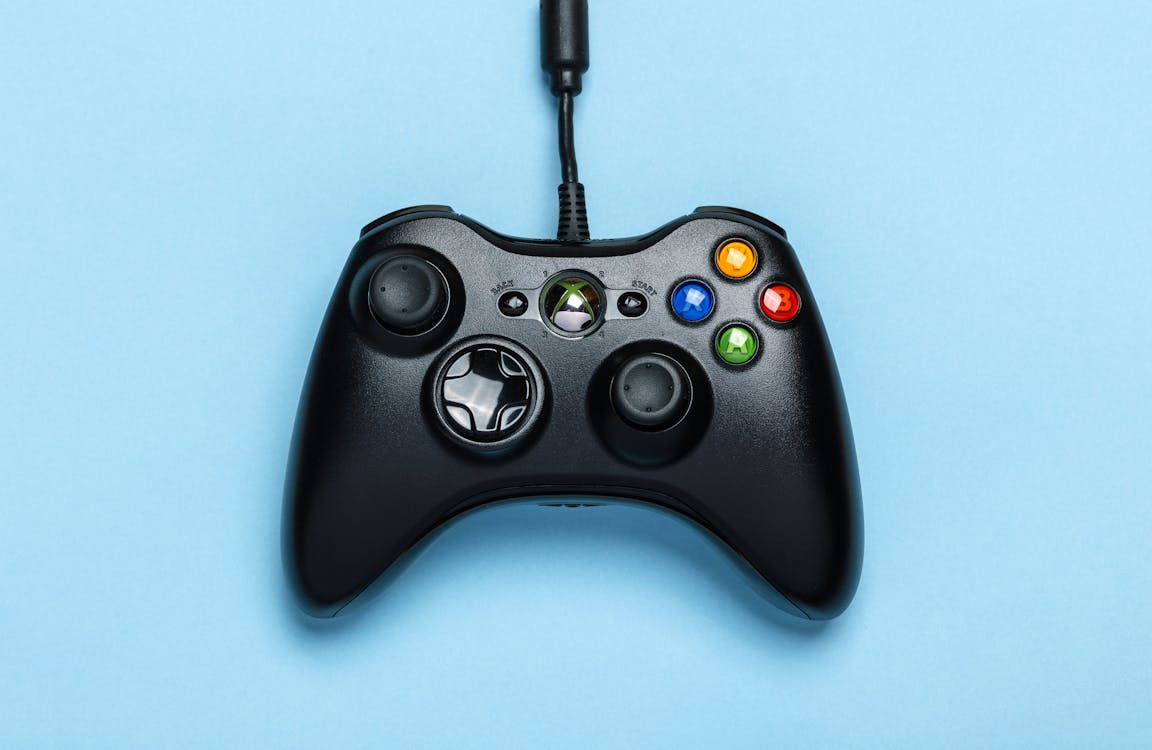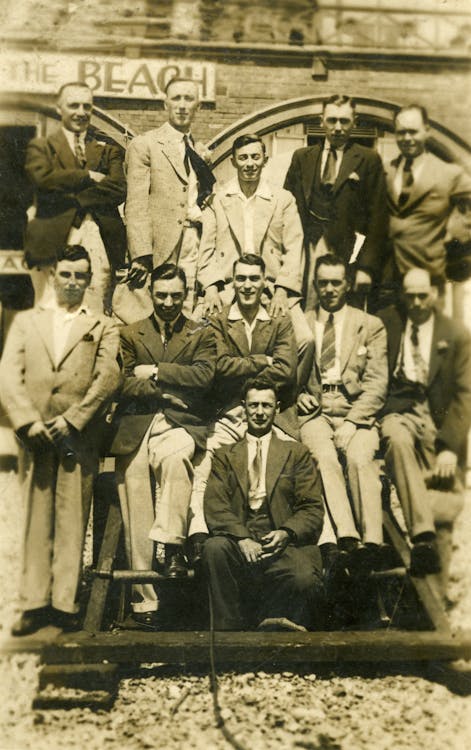A New Philosophy for a New Era of Gaming
For decades, the video game industry has been defined by a simple, brutal question: which console has the best games? From Mario vs. Sonic to Master Chief vs. Kratos, these exclusive titles have been the weapons in an endless console war. But what if one of the biggest players just declared that war obsolete? In a stunning new interview, Xbox President Sarah Bond did just that, calling the very idea of exclusive games “antiquated.”
In a conversation with Mashable, Bond laid out a bold new vision for the future of gaming-one that looks very different from the past. Her comments have sent shockwaves through the community, sparking a massive debate about the future of Xbox and the industry as a whole. Is this the end of the console wars as we know them, or is it an admission of defeat from a company struggling to keep up?

“People Have Evolved Way Past That”
Bond’s argument is straightforward and, for many, hard to disagree with. She points to the biggest, most influential games on the planet as proof that exclusivity is no longer the key to success.
“The biggest games in the world are available everywhere,” she said. “You look at Call of Duty, you look at Minecraft, you look at Fortnite, you look at Roblox… that’s actually what’s really driving community in gaming. That’s where people gather. And the idea of locking it to one store or one device is antiquated for most people.”
Her core message is that modern gamers prioritize community and connectivity above all else. “You want to be able to play with your friends anywhere, regardless of what they’re on,” she explained. This philosophy is the driving force behind Xbox’s recent strategy of releasing its own games on rival platforms, a move that would have been unthinkable just a few years ago.
From Console Maker to Service Provider
This isn’t just talk; it’s a reflection of a fundamental shift in Xbox’s business model. The company is slowly moving away from being just a hardware manufacturer and transforming into a service provider. The goal is no longer just to sell you an Xbox console, but to get you into the Xbox ecosystem through Game Pass, PC gaming, and cloud streaming.
We’ve seen this in action with titles like Forza Horizon and Gears of War launching on PlayStation and becoming best-sellers. Rumors are swirling that other major titles, like Starfield and even a potential Halo: Combat Evolved remake, could also be headed to PS5. For Xbox, a game sold on a rival’s console is still a win, because it’s still a sale for an Xbox-owned studio. It’s a strategy that contrasts sharply with its competitors. While Sony has started releasing its single-player hits on PC years after their console debut, it still heavily relies on PlayStation exclusives to drive hardware sales. And Nintendo? It remains the undisputed king of the walled garden, finding immense success by keeping its beloved franchises locked to its own hardware.

Evolution or Surrender? The Community is Divided
The reaction to Bond’s statement has been intense and deeply divided. On one side, many see this as a forward-thinking, player-first approach. They argue that breaking down walled gardens is good for everyone, allowing more people to play more games with their friends. This camp believes Xbox is simply adapting to the reality of the modern market, where massive service-based games dominate.
On the other side, longtime fans and critics see this as a white flag. They argue that Xbox is only calling exclusives “antiquated” because it has struggled to produce enough generation-defining, system-selling exclusive games to compete with Sony’s and Nintendo’s first-party output. For them, this isn’t a bold new strategy; it’s a pivot born from a failure to win the war on its old terms. They worry that if there are no compelling reasons to buy an Xbox console, the hardware itself could eventually fade away, leaving only Sony and Nintendo to compete.

FAQs
Who is Sarah Bond?
Sarah Bond is the President of Xbox at Microsoft. She is one of the key leaders shaping the future strategy for the Xbox brand, its hardware, and its services like Game Pass.
What exactly did she say about exclusive games?
In an interview with Mashable, she said the idea of locking a game to one store or one device is “antiquated for most people,” arguing that modern players have “evolved way past” the concept of exclusives.
Why is Xbox moving away from exclusives?
Xbox’s strategy is shifting to prioritize its services and ecosystem. By releasing games on multiple platforms, they can reach a wider audience and grow their player base through services like Game Pass, even if those players don’t own an Xbox console.
Does this mean all Xbox games will be on PlayStation and Nintendo?
Not necessarily. Microsoft has stated it will take a case-by-case approach. While many major titles are going multi-platform, the company hasn’t committed to releasing every single game everywhere.
How are Sony and Nintendo reacting?
Sony has been slowly opening up by releasing its single-player exclusives on PC a few years after their initial launch, but the PlayStation console remains their primary focus. Nintendo continues to be highly successful with its strategy of keeping all its major first-party games exclusive to its own hardware.
Is this the end of the Xbox console?
Xbox insists it is not. Sarah Bond has confirmed that Xbox is working on a next-generation console. However, the role of that console may change, potentially becoming just one of many ways to access the Xbox ecosystem rather than the only way.
Conclusion
Sarah Bond’s words have drawn a new line in the sand. For the first time, a major platform holder has publicly declared that the very concept that built the console industry is a thing of the past. Whether this is a visionary leap into a more open, player-friendly future or a calculated retreat from a battle it could no longer win remains to be seen. But one thing is certain: the rules of the game have changed, and the aftershocks of this statement will be felt for years to come.